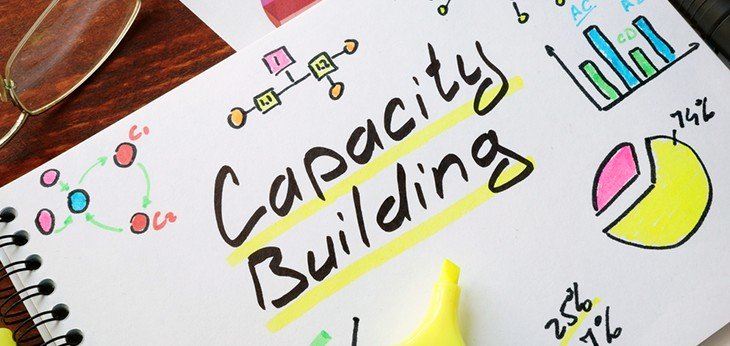The NDIA recently opened grant applications for Individual Capacity Building funding. This is the first of three ILC programs that will open in August and September, with forthcoming programs for mainstream capacity building and economic and community participation opening on 9 September.
The Individual Capacity Building (ICB) program is open to organisations run by people with disabilities and their families and carers, and for priority cohort groups working with Aboriginal and Torres Strait Islander, Culturally and Linguistically Diverse (CALD) and LGBTQIA+ communities. The focus on these groups reflects their challenges in accessing community, mainstream and NDIS services for people with disabilities. For example, the NDS Quarterly Report to COAG for June 2019, showed that only 8.4% of NDS participants were from CALD communities, indicating that they are underrepresented amongst NDIS participants.
Grants under the ICB program are intended to support individuals to build the knowledge, skills and confidence they need to set and achieve their goals. They will fund peer support and leadership and professional development opportunities that will help people to speak for themselves when accessing services and engaging in their communities.
The focus on organisations that are run by people with disabilities and people from the priority cohort groups sends a powerful message that the grant program itself is practising what it preaches when it comes to inclusion – the focus is on funding organisations run by people with disabilities to build the capacity of people with disabilities.
Welcome features of the program include the introduction of a small grant stream for organisations to access grants of up to $30,000 pa for three years via a simplified application process. These funds can be used to support small scale and pilot projects – allowing organisation to test ideas. The learning that will come from projects funded under this stream will be invaluable for scalable and system-based solutions to improve inclusion. Also welcome is small scale funding for peer led groups and for place based or community of interest capacity building. These local solutions are vital for engaging people in their own communities, and funding through this ILC program is important recognition of their value and the real costs of facilitating this kind of activity. Finally, the program includes funding for organisations run by people with disabilities and their families to develop their own organisational capacity, alongside the individual capacity building work. Funding based on project interventions rarely allows for organisational development, so this is a welcome aspect of the Individual Capacity Building grants and continues a practice from previous ILC programs.
CBB is currently running a program of support – ILC Ready – to help organisations to understand ILC funding and develop their ideas for a disability inclusion project. The release of this Individual Capacity Building round has clearly caused some confusion around eligibility for ILC funding amongst some of the organisations we’ve been working with. Although grants in the Individual Capacity Building program are limited to organisations run by people with disabilities and their families and carers, and for priority cohort groups, our expectation is that the eligibility will be broader for the forthcoming rounds of economic and community participation and mainstream services. Organisations that have an idea for a project, but aren’t eligible for Individual Capacity Building funding, should study the grant opportunity guidelines for the new programs when they are issued this month, to see if they offer a better fit. In addition, we expect further ILC funding rounds to be opened in 2020, so there will be more opportunities next year for organisations who don’t have a suitable, or sufficiently developed, idea for the current grant rounds.






